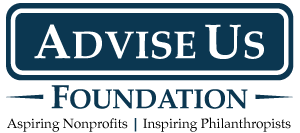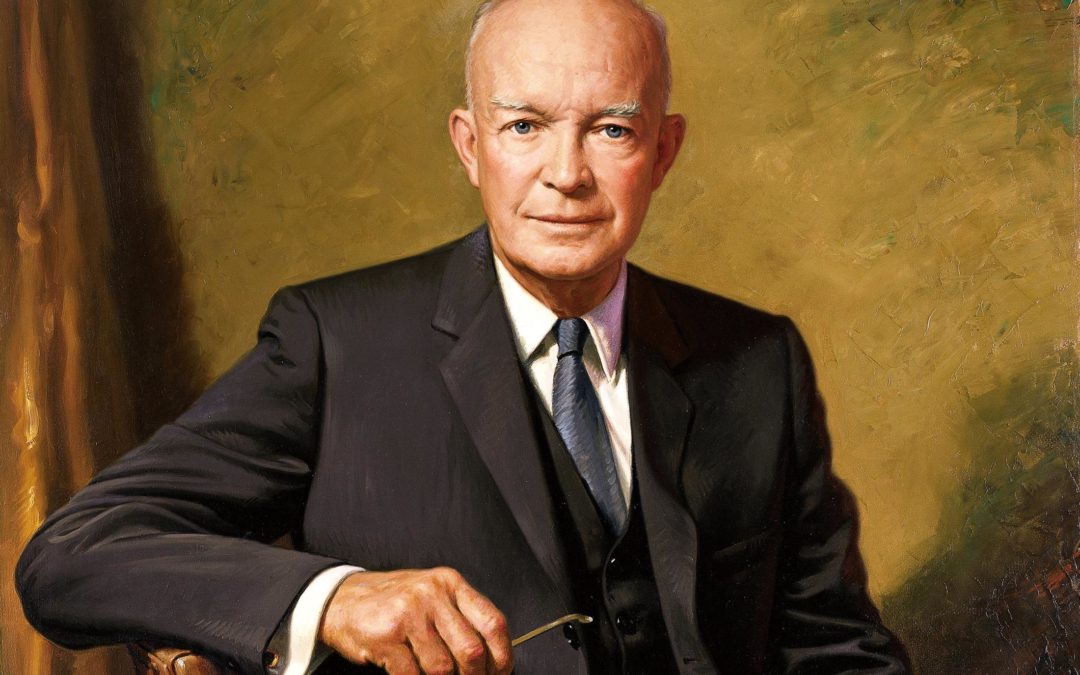“Plans are nothing; planning is everything.”
Dwight D. Eisenhower
A little planning can go a long way. Did you know that making a planned gift will not only help ensure the health of the organizations you support long into the future but can also provide benefits to you?
What exactly is planned giving? And, how can you benefit from it?
In short, a planned gift is the type of gift that requires a little more thought than simply writing a check or processing a credit card. It’s a gift, as the name implies, that you’ve planned for – you’ve given consideration about from where and how the gift will be received.
The great thing about planned giving is that it allows you to give wisely and take advantage of tax strategies and giving vehicles that provide benefit to you while at the same time maximize the amount of charitable dollars that can benefit an organization.
Planned giving can come in many forms and fall under three general categories.
- Outright gifts: One of the most basic and common is a gift of appreciated stock or securities that allow you to pass on the gains to your favorite organization. Making a charitable gift of appreciated stock that you’ve held for a year or more saves you the tax burden as you avoid realizing the capital gains, yet still allows you to deduct the current value of the stock if you itemize.
- Gifts that return income: Other types of planned gifts can be set up to provide a stream of income either to you or the organization you choose to support. Charitable Remainder Trusts are trusts that are set up to provide an income stream to you for a designated period of time with the balance going to the charity. On the flip side are Charitable Lead Trusts which provide the income stream to the charitable organization with the balance of the trust going to you or your heirs.
- Gifts payable upon the donor’s death: Bequests are a very common form of planned giving. A designation can be made in your will to donate either a certain amount or a percentage of the estate to a nonprofit. Naming a charitable organization as a beneficiary in your insurance policy or retirement plan is another way to ensure support to that organization into the future. Gifts payable to a charity upon the donor’s death do not provide a tax benefit to the donor during his lifetime but are exempt from estate tax.
The Advise Us Foundation was developed out of a passion for philanthropy: created to enable individuals the benefit of giving to their chosen organizations with what they want, how they want to do it and when in an effort to make philanthropy that much more meaningful and enduring.
For further information about planned gifts or if you would like to include the Advise Us Foundation in your planning. Please contact Amy Roy, Charitable Catalyst, Managing Director, at giving@adviseus.org or 708-800-8474.

